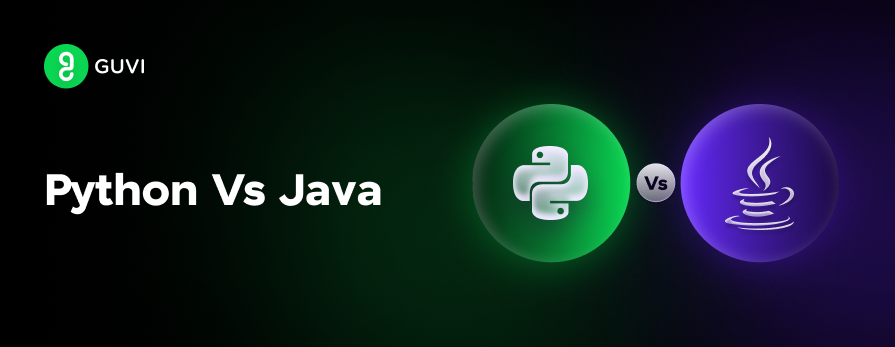
Python vs Java: Which Programming Language to Master
Jul 03, 2025 5 Min Read 11247 Views
(Last Updated)
Python and Java stand out as two of the most important programming languages in software development. While both have been around for decades, their applications have shifted dramatically, making them equally relevant but suited for different purposes.
Are you a developer looking to start a new project? An aspiring coder trying to decide where to invest your time and energy? Or perhaps a curious tech enthusiast wondering which language has the upper hand in the ever-evolving tech landscape? Then, you’re at the perfect place.
In this article, I will be providing you with an in-depth discussion surrounding python vs java, their technical aspects, performance, and industry demands so that you can decide which language to master and make a career in.
Table of contents
- What are Python and Java?
- Python
- Java
- Python vs Java: Main Differentiating Factors
- Career Progression and Salaries
- Career Progression in Python
- Career Progression in Java
- Salary Comparison
- Takeaways…
- FAQs
- Which is better, Python or Java?
- Will Python replace Java?
- Can Python do everything Java can?
- Who earns more, Java or Python?
- Can I learn Java if I know Python?
What are Python and Java?
Python
It is a high-level, interpreted, dynamically typed programming language that emphasizes code readability and flexibility. It was designed by Guido van Rossum and released in 1991 to promote code readability and simplicity.

Python’s design philosophy revolves around ease of use, which is why it’s often the first language taught to beginners. Its syntax allows developers to write fewer lines of code to achieve the same functionality as other languages.
Java
Java was created by James Gosling in 1995, is a statically typed, object-oriented programming language designed for cross-platform compatibility. Java’s motto, “Write once, run anywhere,” reflects its compiled bytecode structure, which runs on the Java Virtual Machine (JVM).
Java’s focus on reliability, security, and performance has made it a core language for enterprise-level applications.

To pursue a career as a Java developer, it’s crucial to have a solid understanding of Java Full Stack Development, which includes front-end frameworks, back-end technologies, and databases.
If you’re aiming for a professional future in this domain, consider structured programs like GUVI’s Java Full Stack Development Course.
Python vs Java: Main Differentiating Factors
In this article, I will be differentiating the two languages against the most important parameters and providing you with a thorough understanding of both Python and Java along with their differences.

- Syntax and Ease of Learning
| Aspect | Python | Java |
| Syntax | Python’s simple and minimalistic syntax uses indentation instead of braces, making code shorter and more readable. Example: print(“Hello World”). | Java’s syntax is more verbose, with mandatory use of semicolons, curly braces, and type declarations. Example: System.out.println(“Hello World”);. |
| Type System | Dynamically typed (no need to declare variable types). | Statically typed (variables must have predefined data types). |
| Learning Curve | Easier for beginners. With its simple syntax, Python is often taught as a first language. | More challenging, but provides a strong foundation in object-oriented programming. |
- Python: One of Python’s core advantages is its ease of learning. Its syntax mimics natural language, reducing the cognitive load on developers. For example, list comprehensions, context managers, and decorators allow for expressive and concise code.
- Java: Java, with its verbosity and strict typing, demands a deeper understanding of object-oriented principles, memory management, and design patterns. Its structured nature provides a solid foundation in programming fundamentals, which is beneficial in large-scale application development.
- Performance and Speed
| Criteria | Python | Java |
| Execution | Python is interpreted, leading to slower runtime performance compared to compiled languages. | Java is compiled to bytecode, which runs on the JVM, allowing faster execution. |
| Memory Management | Python uses automatic garbage collection but is less efficient in managing memory in large-scale applications. | Java also uses garbage collection, but its JVM is highly optimized, allowing better control over memory allocation. |
| Concurrency | Python’s Global Interpreter Lock (GIL) limits true parallelism in multi-threaded environments. | Java provides robust support for multithreading with native concurrency mechanisms (e.g., threads, synchronized blocks). |
- Python: Due to its interpreted nature, Python is slower than Java, especially in CPU-bound tasks. However, its ease of integrating libraries like NumPy and Cython provides workarounds that allow it to approach C-like performance in specific scenarios.
- Java: Being a compiled language, Java’s performance is more predictable and efficient. The JVM compiles Java bytecode to native machine code, and with techniques like Just-In-Time (JIT) compilation, Java applications can achieve near-native performance. Furthermore, Java’s robust concurrency model makes it ideal for high-performance, multi-threaded applications, such as servers and real-time systems.
- Applications and Use Cases
| Domain | Python | Java |
| Data Science & AI | Python dominates with powerful libraries like TensorFlow, Scikit-learn, Pandas, and NumPy, making it the top choice for data scientists. | Java sees limited use in data science but plays a role in big data processing with frameworks like Apache Hadoop and Spark. |
| Web Development | Python, with frameworks like Django and Flask, is widely used for building web applications. | Java powers enterprise-level web applications using frameworks like Spring and Hibernate. |
| Mobile Development | Python is rarely used for mobile apps but has tools like Kivy. | Java is a primary language for Android development, supported by the Android SDK. |
| Enterprise Systems | Python is not typically used in large-scale enterprise systems. | Java is the go-to language for building scalable, secure enterprise applications. |
| Automation and Scripting | Python’s simplicity makes it ideal for writing quick automation scripts. | Java’s verbosity makes it less suited for small automation tasks. |
- Python: Python’s rise in the data science domain is largely attributed to its rich ecosystem of libraries that simplify complex mathematical computations, visualization, and machine learning model building. Its flexibility and adaptability make it the preferred choice in academia, finance, and tech startups.
- Java: Java shines in large-scale, distributed systems. Its stability and cross-platform nature are crucial for financial institutions, telecom systems, and large-scale enterprise systems that require long-term maintenance, reliability, and performance optimization.
- Skills and Competencies Required
| Skill | Python | Java |
| Object-Oriented Programming | While Python supports OOP, it’s more lenient, allowing procedural programming. | Strict OOP principles, with a focus on inheritance, polymorphism, and encapsulation. |
| Memory Management | Automatic memory management, but less efficient in performance-critical environments. | Java’s JVM provides fine-tuned memory control with advanced garbage collection techniques. |
| Concurrency | Limited due to Python’s GIL, but libraries like asyncio and multiprocessing offer alternatives. | Java’s concurrency model, supported natively by JVM, is more advanced and suited for multi-threaded applications. |
- Python: The language’s flexibility allows developers to pick between procedural, object-oriented, or even functional programming paradigms. While this flexibility speeds up prototyping, it can sometimes lead to less optimal, unstructured code.
- Java: Java enforces strict adherence to OOP principles, which provides structure and clarity, particularly in large-scale projects. Java’s strong type system reduces errors at compile time, promoting more reliable code.
- Ecosystem, Libraries, and Frameworks
| Aspect | Python | Java |
| Ecosystem | Vast array of libraries for data science (TensorFlow, PyTorch), web development (Django, Flask), automation, etc. | Robust ecosystem for enterprise applications (Spring, Hibernate), Android development, and big data (Hadoop). |
| Community Support | Strong open-source community with frequent updates and a wealth of learning resources. | One of the largest developer communities globally, with deep support for enterprise-level systems. |
- Python: Python’s ecosystem includes libraries for virtually any domain, particularly in AI/ML, data science, and web development. The presence of frameworks like Django for web apps and TensorFlow for AI makes Python one of the most versatile languages available.
- Java: Java’s ecosystem revolves around enterprise software development and big data processing. Spring Boot and Hibernate are widely used in the financial industry and telecommunications, where performance and security are paramount. Moreover, Java’s integration with big data technologies like Apache Hadoop and Apache Spark makes it crucial for handling large datasets and distributed systems.
- Popularity and Job Market Trends
| Criteria | Python | Java |
| Popularity | Dominating fields like AI, ML, and data science. Ranked #1 in TIOBE index. | Stable, especially in Android and enterprise applications. |
| Job Demand | Strong demand for roles like enterprise architect, and Android developer. | Strong demand for roles like enterprise architect, Android developer. |
- Python: Python’s popularity has skyrocketed in recent years, particularly in roles related to AI, machine learning, and data science. Python developers are highly sought after, especially in fintech, health tech, and research.
Master Python with updated syllabi, tools, and industry-grade projects with GUVI’s free, self-paced Python Certification Course hand-crafted by expert Python developers.
- Java: Java continues to be a critical skill in industries like finance and telecommunications, where large-scale, secure, and reliable systems are essential. Android development remains one of Java’s key strongholds, making Java developers consistently in demand in mobile app development.
Career Progression and Salaries
Both Python and Java offer robust career paths, but the career progression and salaries can differ depending on the field of work and industry demand.
Career Progression in Python

- Junior Python Developer: Typically begins with entry-level roles like backend development, scripting, or automation. Often requires foundational knowledge of Python, along with basic knowledge of libraries such as NumPy and Pandas.
- Salary: ₹3-6 LPA (Lakhs Per Annum)
- Python Developer/Software Engineer: Mid-level developers work on web development, APIs, or data-centric roles. Knowledge of frameworks like Django/Flask and familiarity with data science libraries like TensorFlow or PyTorch is essential.
- Salary: ₹6-12 LPA
- Data Scientist/ML Engineer: Specializing in machine learning, artificial intelligence, and data analysis, roles often require deep knowledge of Python libraries and statistical modeling.
- Salary: ₹12-20 LPA
- Lead Python Developer: Senior-level developers manage teams and work on large-scale software or data solutions. Expertise in multiple frameworks, databases, and cloud technologies is expected.
- Salary: ₹15-25 LPA
- Chief Technology Officer (CTO): In leadership roles, Python developers may advance to CTO positions, overseeing technological strategy and product development.
- Salary: ₹30-50+ LPA
Career Progression in Java

- Junior Java Developer: Entry-level roles typically involve working on backend systems, object-oriented programming, and a basic understanding of Java frameworks like Spring.
- Salary: ₹4-7 LPA
- Java Developer/Software Engineer: Mid-level roles in Java often involve working on large-scale enterprise applications, web development using Spring Boot, and database management.
- Salary: ₹7-15 LPA
- Android Developer: With Java being one of the primary languages for Android development, mobile app developers specializing in Android can pursue this path.
- Salary: ₹8-16 LPA
- Lead Java Developer: Senior developers manage complex projects, including enterprise-grade applications for finance, telecom, or healthcare. Expertise in microservices and distributed systems is essential.
- Salary: ₹15-30 LPA
- Enterprise Architect/Technical Architect: Professionals in this role design scalable, secure, and robust architectures for enterprise-level applications.
- Salary: ₹25-50+ LPA
Salary Comparison
- Python Developer Salaries (India): Entry-level salaries range between ₹3-6 LPA, while experienced professionals, particularly in data science and AI, can command salaries up to ₹25 LPA or more.
- Java Developer Salaries (India): Java developers earn slightly higher at entry levels (₹4-7 LPA), and experienced enterprise architects can earn ₹30-50 LPA depending on the industry and role.
Both languages offer rewarding career paths, and the choice between them should align with your career goals—whether you’re interested in web development, data science, or enterprise-level applications.
Takeaways…
The decision between Python and Java depends largely on your career objectives and the field in which you want to specialize and I hope all the insights provided in this article have made the decision a little if not easier for you.
Python’s simplicity and versatility make it ideal for beginners and those focused on data science, AI, or web development. In contrast, Java’s performance, scalability, and adherence to OOP principles make it indispensable for enterprise-level applications and Android development.
Let us know what you thought of the article or if you have any doubts in the comments section below.
FAQs
Python is better for beginners due to its simplicity, while Java is preferred for large-scale enterprise applications and performance.
Python is popular but unlikely to replace Java, as Java remains essential for enterprise and Android development.
Python and Java can handle most tasks, but Java excels in performance and mobile development, while Python shines in simplicity and data science.
Salaries for Java and Python developers are similar, but Python may offer higher pay in fields like data science and AI
Yes, learning Java is easier if you already know Python, as both languages share common programming concepts.





















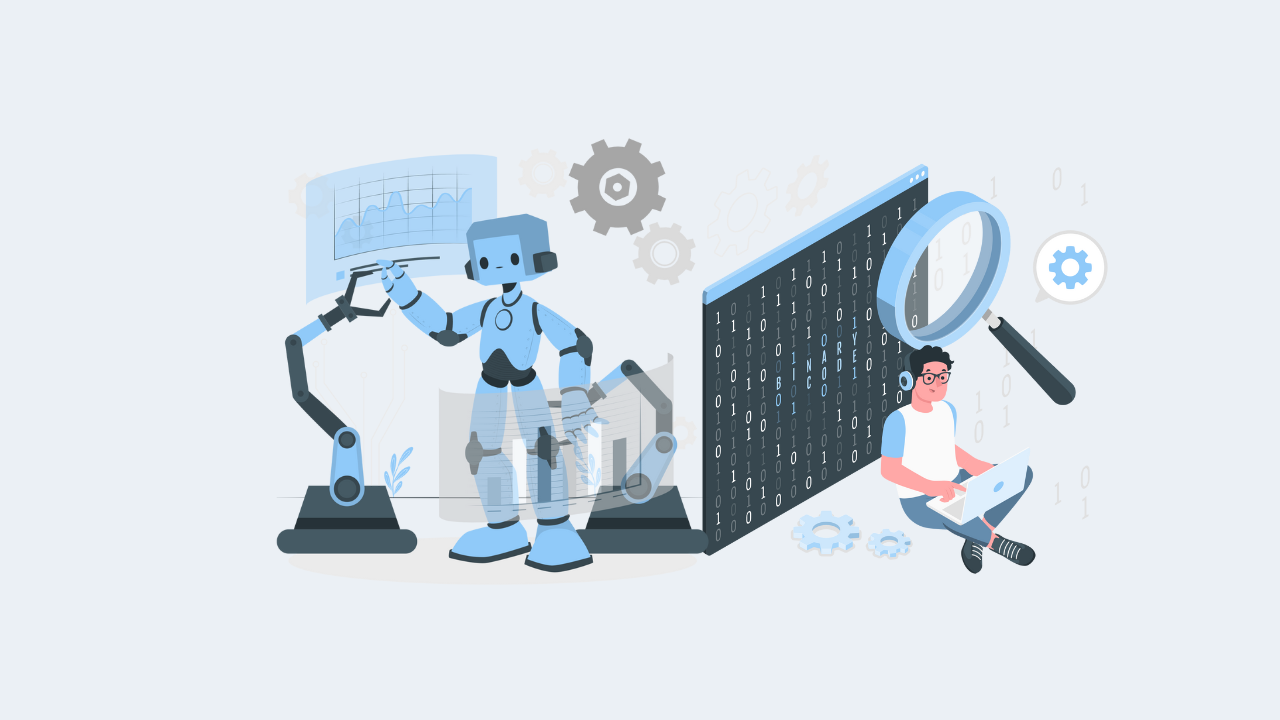
![Top Data Science Programming Languages All Beginners Must Know [2025] 8 data science programming language](https://www.guvi.in/blog/wp-content/uploads/2025/06/Feature-Image-3.png)
![What is Django Framework? A Beginner's Guide [2025] 9 django](https://www.guvi.in/blog/wp-content/uploads/2025/07/django.webp)
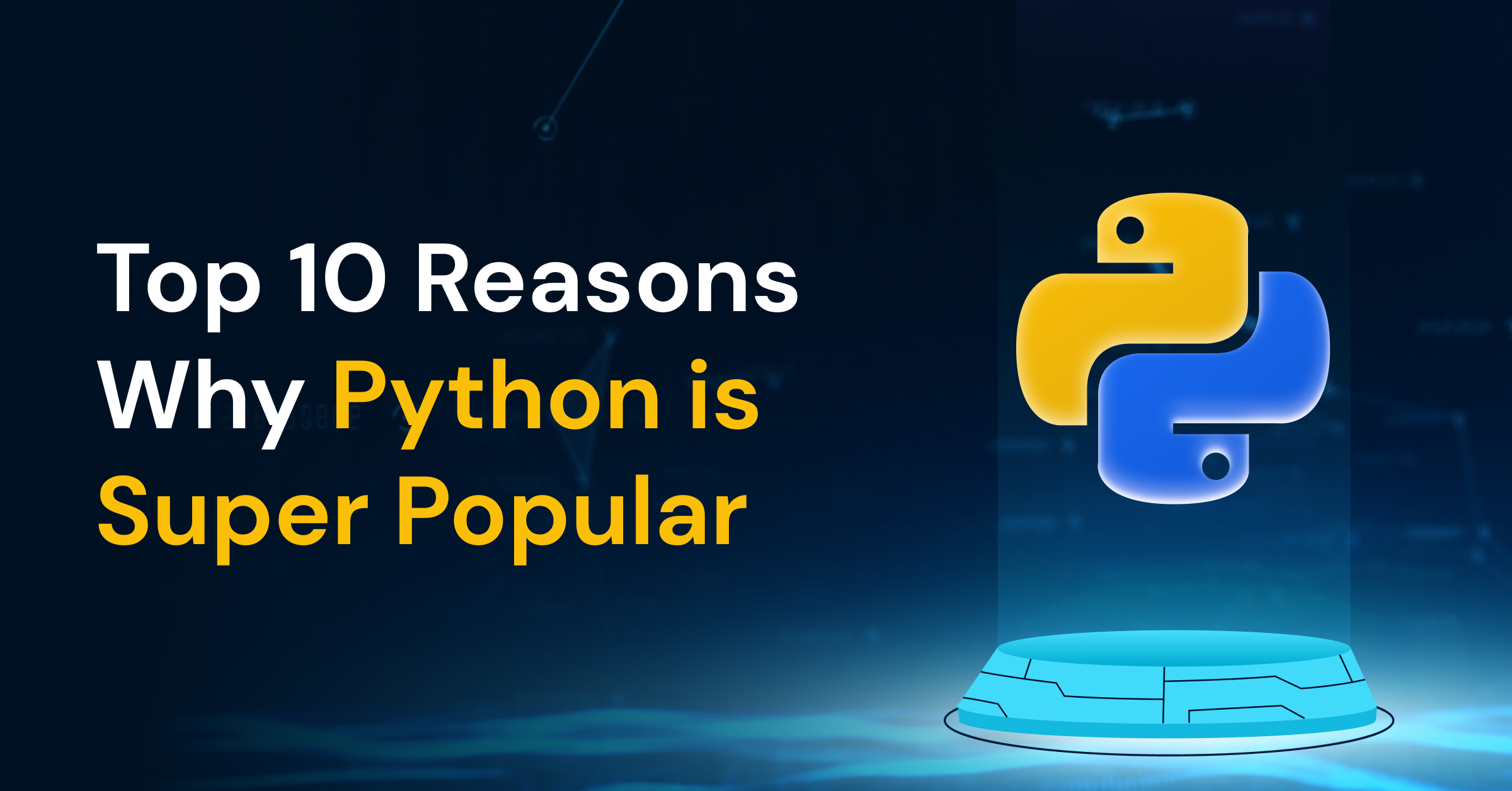
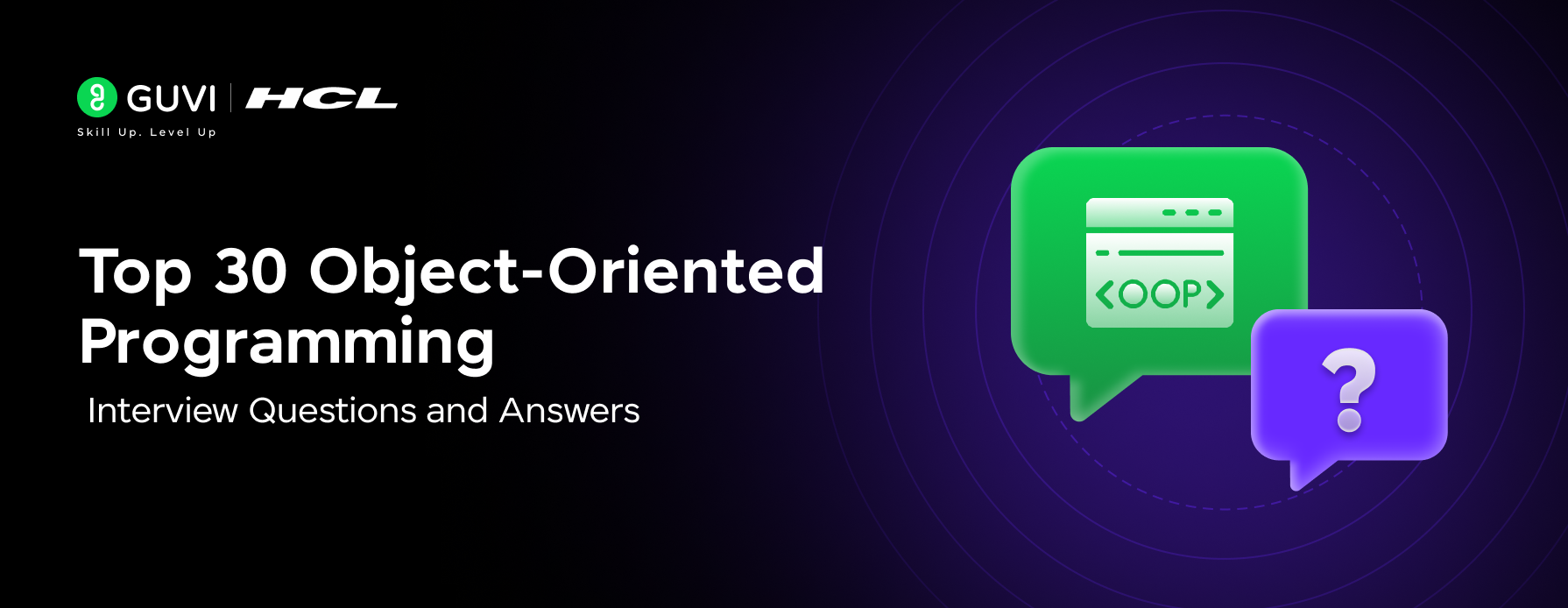
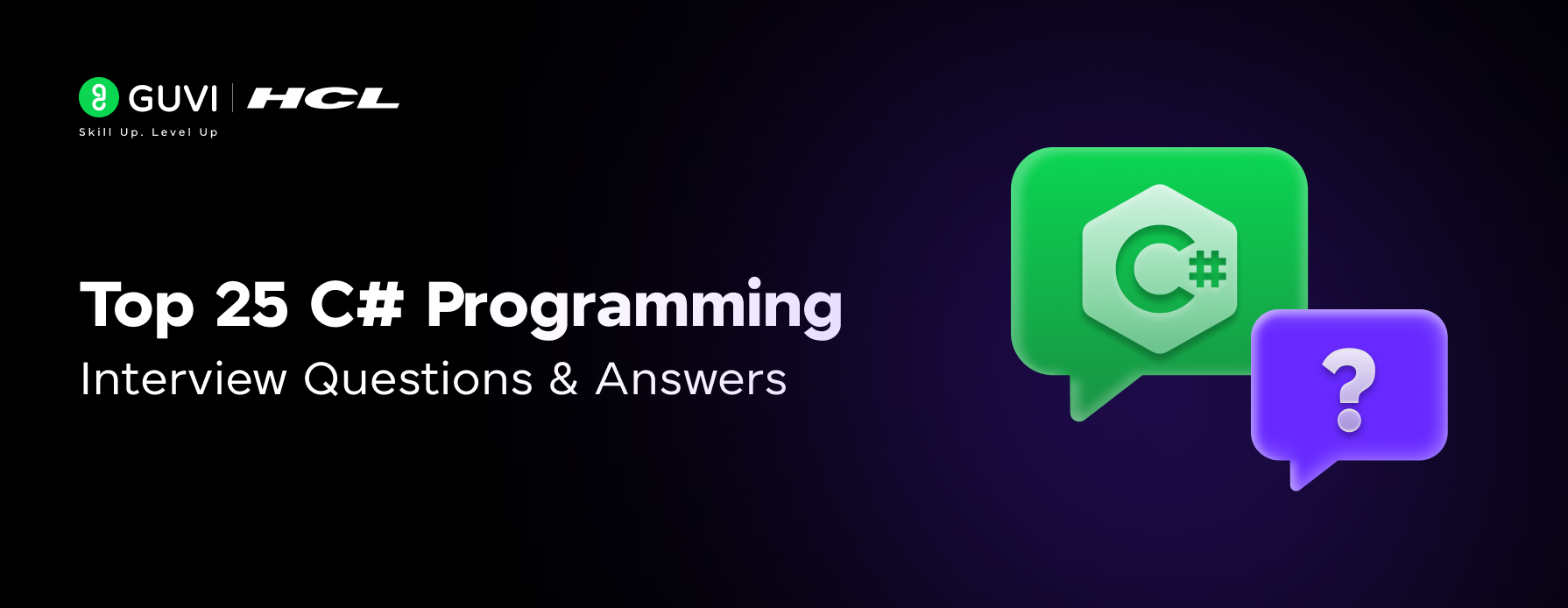
![What is TypeScript? A Beginner's Guide [2025] 13 typescript](https://www.guvi.in/blog/wp-content/uploads/2025/05/What-is-TypeScript_-A-Beginners-Guide.png)
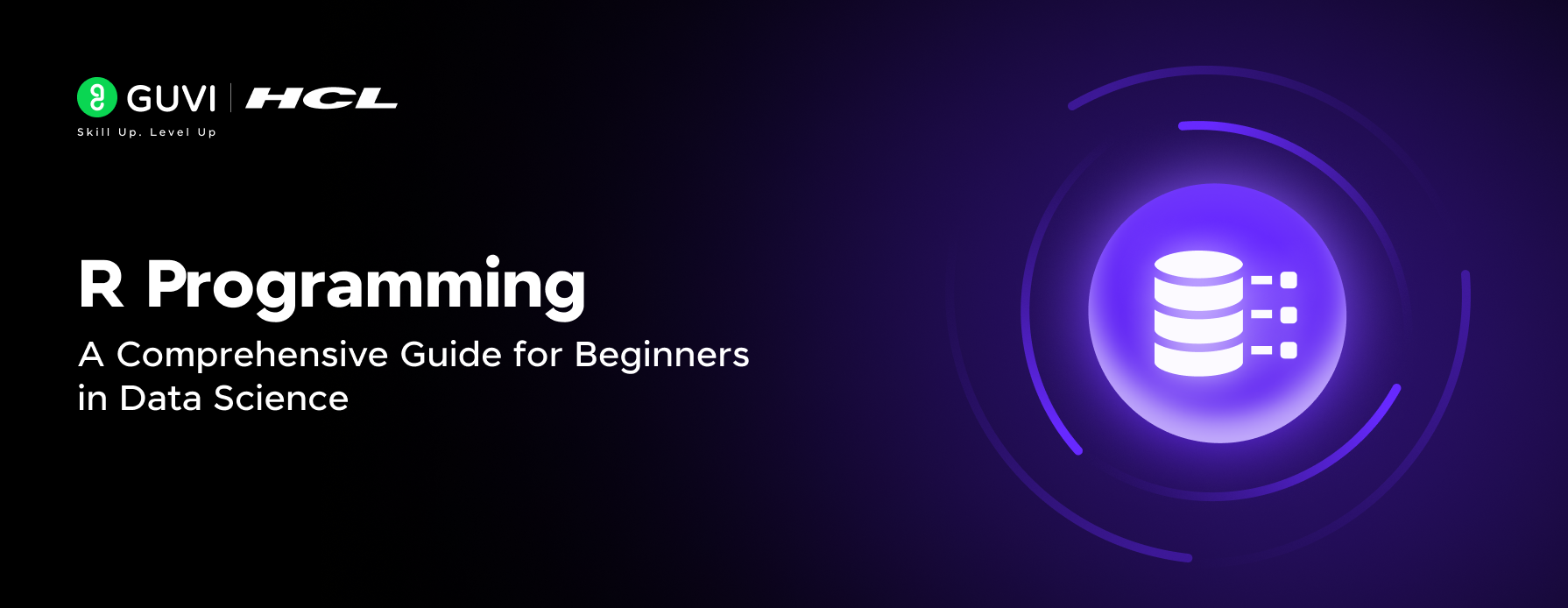
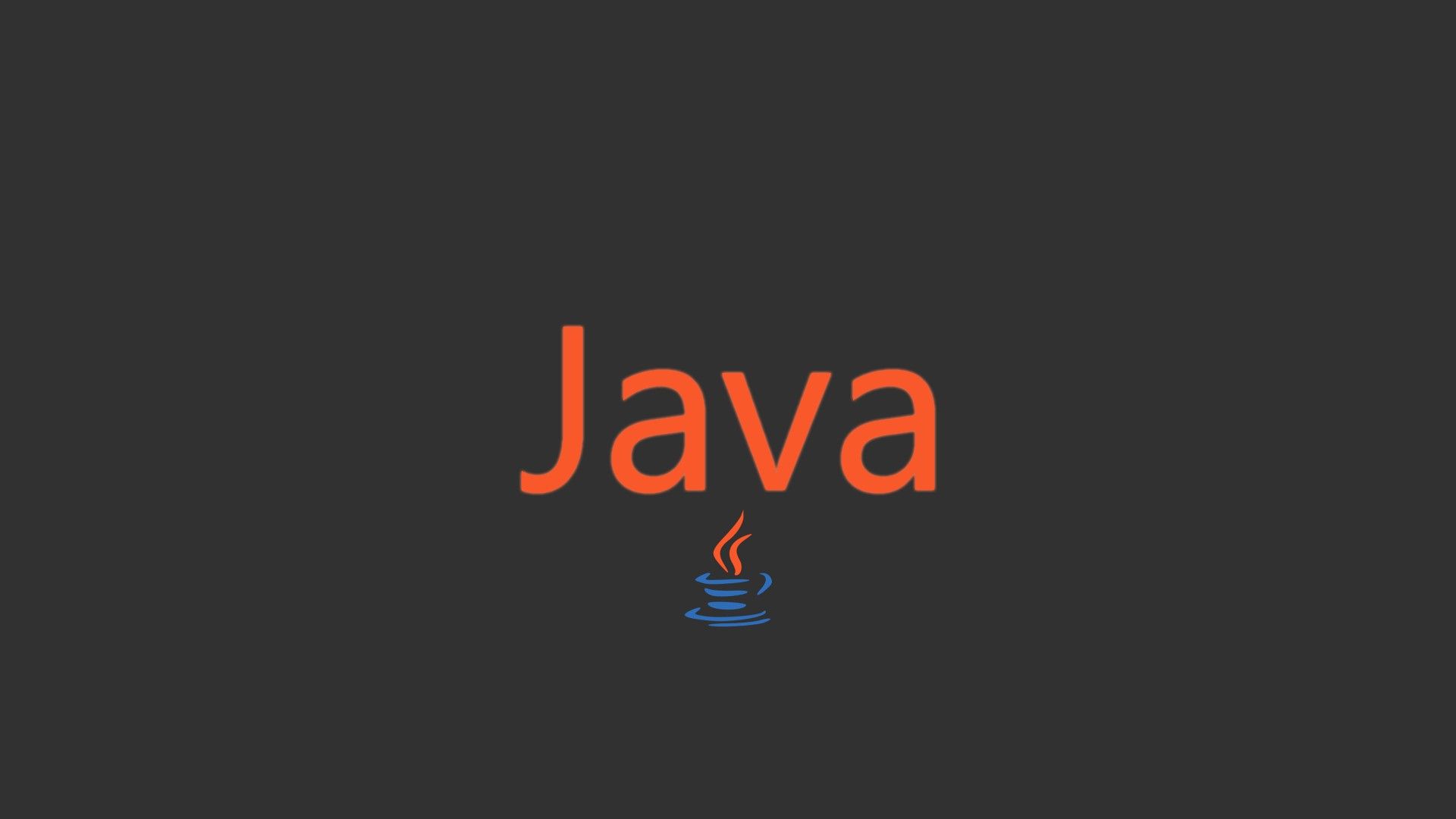

Good article that touched all aspects of both languages with crisp content. Appreciate efforts by author Jaishree Tomar.